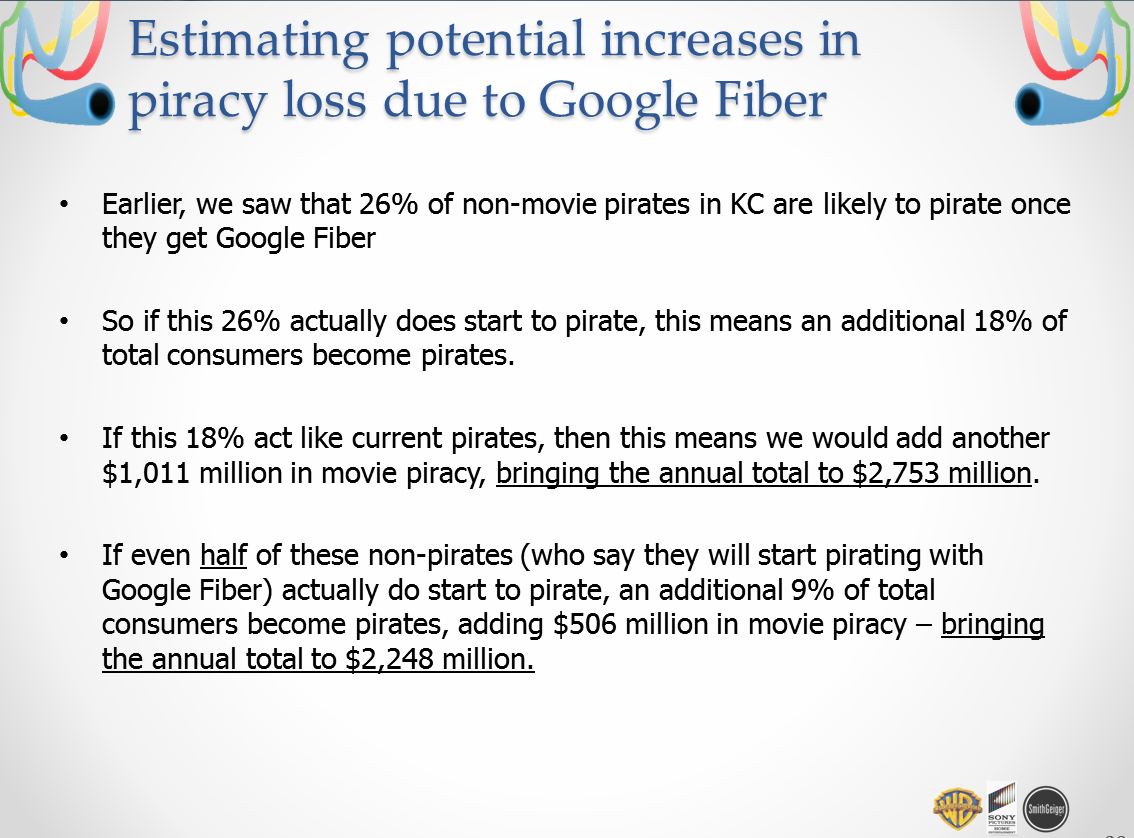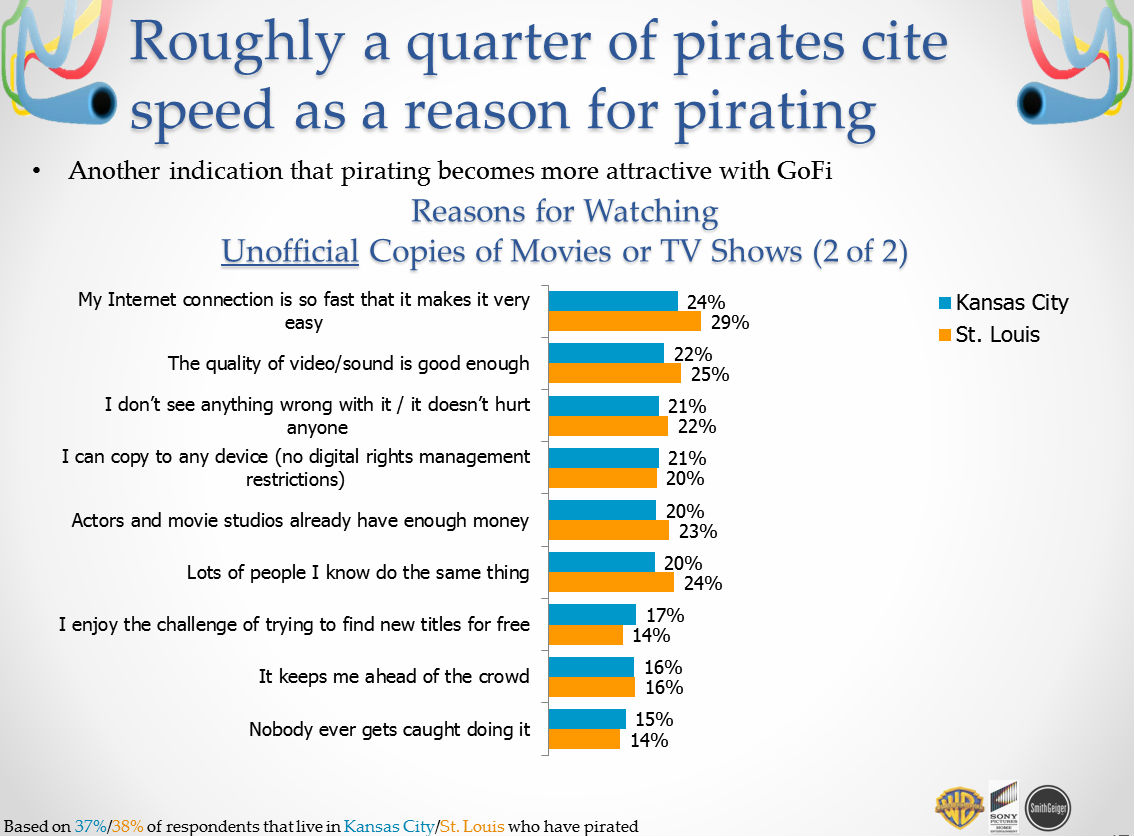Film studios consider Google Fiber one of the incentives for the development of piracy

It's no secret that Hollywood is trying its best to fight the "pirates." At the same time, copyright holders try to take into account not only current threats, but also identify trends that may affect the power of copyright holders in the future. One of such threats Hollywood considers a high-speed connection to the Network, in the person of Google Fiber.
Now this project is developing, albeit at a rather slow pace. Recently, the project began connecting in Austin, Texas, after which Google Fiber came to other cities. It is worth recalling that, as part of the project, Google provides its customers with gigabit access to the Web, with a relatively low monthly fee.
In principle, representatives of various media services should only be happy - after all, an increase in the speed of access to the Network means more opportunities for customers who can watch videos in better quality. But Hollywood also sees negative aspects in the development of broadband access to the Network. For example, Torrenfreak reporters received a presentation prepared in the interests of Warner Bros and Sony Pictures Entertainment. The presentation is based on the results of a study conducted in 2012, and its purpose is to convey to the listener / reader trends in the field of illegal distribution of content.
The primary data source is a survey conducted among Kansas City residents.(Google Fiber started in this city) and St. Louis (as a control group). A total of about 2000 people were interviewed, aged 13 to 54 years. Questions related to Google Fiber, piracy, and content consumption in general.
The survey results are quite interesting: more than half of the respondents expressed interest in the Google Fiber project. Interestingly, among 2,000 people, 31% were pirates. And about a third of the pirates said that with the advent of Google Fiber they would be able to consume more pirated content, including movies. And about a quarter of the "pirates" reported that they would download more pirated films as soon as they received Google’s connection to the Google Fiber network.
According to MPAA estimates, as a result of such pirate activity, Hollywood will lose about $ 1 billion a year.

The conclusion of the presentation is predictable: "This is another indicator that piracy will become more attractive with the advent of Google Fiber."

However, the same report says that 39% of respondents will use paid subscription services for content, while another 34% will “rent” and buy more legal video. For some reason, MRAA in this case did not count the increase in profits.
